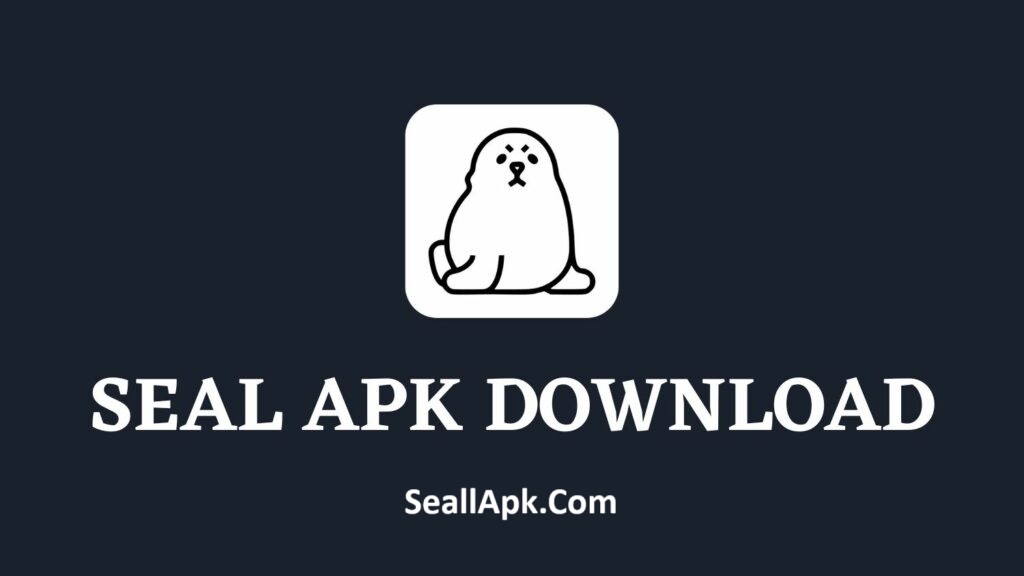Burnout. Boredom. A hunch that you’re meant for more. Whatever it is that’s pushing you to rethink your professional life, the feeling is valid—and more common than ever. With the rise of freelance work, digital platforms, and skill-based hiring, switching lanes no longer means starting from zero. You don’t have to wait for someone to hand you permission. You just need to figure out what you’re good at, what people are willing to pay for, and how to bridge the two.
If you’re looking to shake things up or explore a new direction, here are some amazing career paths and freelance services that can reignite your ambition and bring in steady income.
Writing That Can Actually Get You Hired

While everyone knows how to type, not everyone can communicate clearly, professionally, and persuasively—and that’s exactly why strong business writing is in such high demand. Companies need everything from internal documentation to client communications to polished marketing copy, and they’re willing to pay for people who can get it right the first time.
If you want a stable, remote-friendly career that works across industries, it’s smart to master business writing skills. Once you can structure your thoughts clearly, avoid jargon, and write with purpose, your value skyrockets. Opportunities open up in project management, customer success, technical writing, proposal writing, and even policy documentation. And for the entrepreneurial type, freelance writing contracts in these areas can pay just as well as traditional roles.
Business writing isn’t just grammar and formatting—it’s influence. It’s what helps teams stay aligned, clients feel confident, and decisions move forward.
Insurance Agents can Stay Competitive While Working for Themselves
Being an independent insurance agent isn’t a fallback career—it’s a smart one. When you’re tired of corporate limits but still want reliable income and client relationships, this path lets you be the boss without being on your own. The best part? You don’t have to stick with just one product or niche.
One aspect of being an independent agent is that you can work with many different companies to offer your clients the best options for their needs. It starts with booking an insurance appointment with the companies you’re interested in to see how you can partner with them. Homeowners, landlords, small business owners, and even new drivers all need coverage—and the more options you can bring to the table, the more solutions you can provide. This flexibility doesn’t just boost your earnings, it builds trust. Clients don’t want to shop around. They want someone who can handle it all.
This career is especially well-suited for people who enjoy consultative work. You’re not just selling policies; you’re helping people protect what matters to them. That takes communication, confidence, and an understanding of risk—but not necessarily a background in finance.
Turn Your Creative Hobby Into a Paid Service

Maybe you’re a photographer on weekends, a designer who always ends up fixing friends’ websites, or someone who just loves making things look better. If that sounds familiar, creative freelancing might be your next move. Graphic design, branding, photography, video editing, and illustration are all services that businesses, creators, and organizations constantly need.
The catch? You need to treat it like a business, not just a side gig. That means building a portfolio, setting real rates, and learning how to market yourself. But once you do, you open the door to projects that can range from single-day jobs to long-term retainers.
Get Paid to Help People Make Career Moves of Their Own
Career coaching is no longer a niche—it’s a fast-growing service that individuals and organizations turn to when things feel stuck. If you’ve ever helped a friend prepare for an interview, rewrite their resume, or talk through a tough career decision, you already know what this work feels like. Now imagine getting paid to do it with structure and strategy.
As a career coach, you help people clarify their goals, prepare their materials, develop confidence, and plan their next steps. Some coaches focus on job transitions. Others help people break into new industries, go freelance, or find work-life balance. It’s part mentorship, part teaching, and part accountability.
You don’t need a specific certification to start—though some people pursue training later on. What you do need is the ability to listen well, ask the right questions, and guide clients through action plans. Many coaches begin part-time while still working other jobs, and grow their practice through referrals and online visibility. It’s a deeply people-oriented business that rewards empathy and clarity over polish and credentials.





















